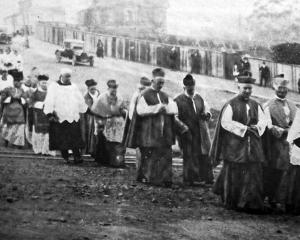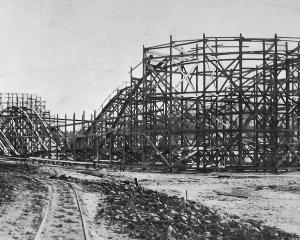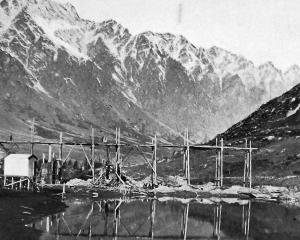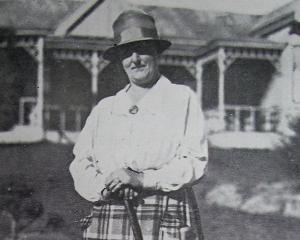Of these 388, consisting of 274 males and 114 females, were matriculated students.
The students were distributed among the different faculties as follows: - Arts, science, and law, 318; medicine, 96; mines, 15; dentistry, 11.
This shows an increase of 19 in the total number.
There were granted 55 degrees during the year, as against 49 in the previous year.
Degrees were gained as follows: - D.Sc., 1; M.D., 1; M.A., 13; M.Sc., 2; B.A., 17; B.Sc., 3; LL.B., 4; M.B., 11; B.D.S., 3.
Three students gained first class honours, but as one of these gained a double first, four first class diplomas have been gained.
Concerning the conduct of the students the chairman (Professor P. Marshall) has this to say:- "I am glad to be able to report that discipline has been well maintained during the year in the classes and within the precincts of the buildings. The board, however, deeply regrets that the behaviour of the students at the last Capping ceremony was most unsatisfactory.
"In the opinion of the board, the object of the ceremony is to afford a public recognition of the distinctions gained by the students, and to introduce the graduates to the citizens as additions to the body of highly qualified academic men of the community. On several occasions, however, the undergraduates have displayed the least attractive kind of University behaviour at this ceremony. Many members of the board feel that if the gathering of citizens and educational experts whom they ask to attend is to be subjected to such an exhibition, it would be better to abolish the public conferring of degrees.
"When the possibilities of this ceremony are considered, and the benefit that should accrue from it to the University, it would be deplorable if the board should be forced to take any action that would lead to the abolition of the only annual festival of the University to which the public is invited."
• Christchurch: Mr J. J. Kinsey, New Zealand representative of Captain Scott's British Antarctic expedition, made an interesting statement tonight in regard to obtaining mules for use as transport animals in the Antarctic regions.
Everyone knows they are in the Antarctic with the hope of reaching the South Pole next season.
The ponies which were landed at Cape Evans were in good condition considering what they had gone through, but of course being entirely dependent on this transport should any ponies fail in the coming winter Captain Scott would be handicapped and possibly miss his goal next season.
- ODT, 7.6.1911












